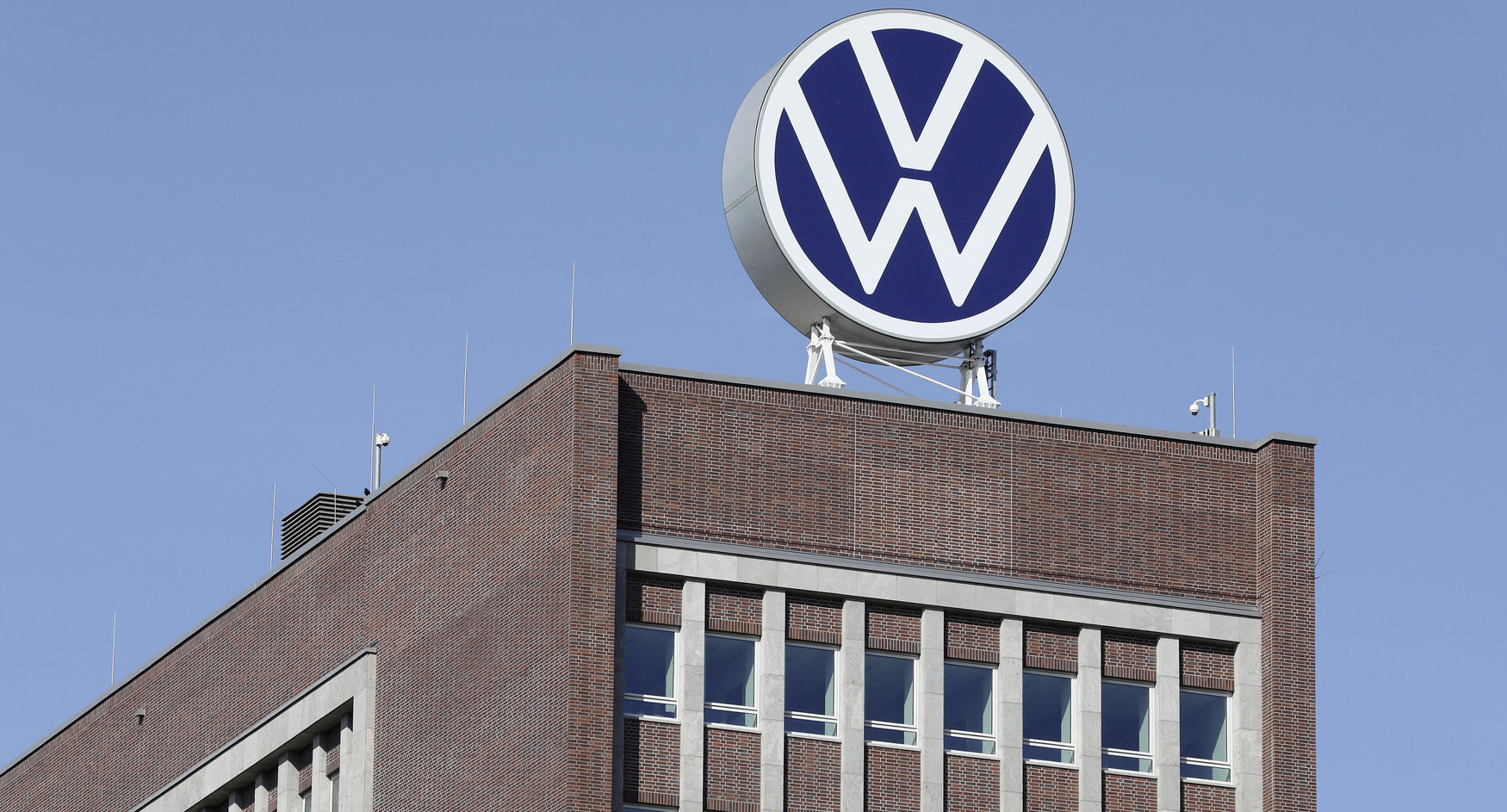
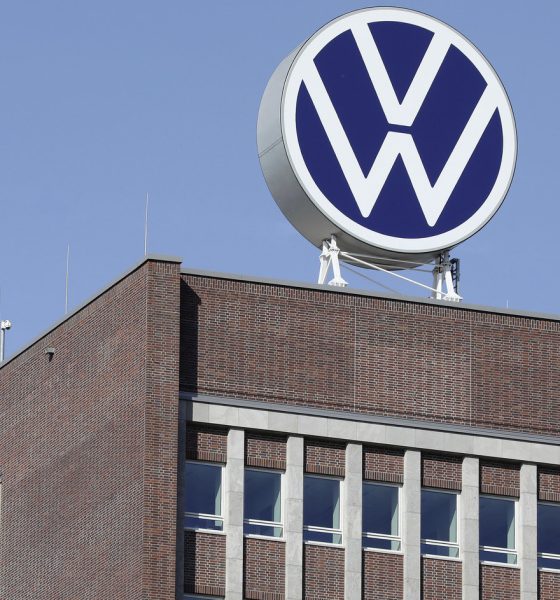
News
Volkswagen’s Power Day: Six new cell plants, new unified battery cell, charging network partnerships
Earlier today, German automaker Volkswagen held its first-ever “Power Day” event. Similar to Tesla’s Battery Day, Volkswagen outlined its plans for reducing the cost of electric vehicles, how it will supply battery cells for its massive EV push, a new “unified” battery cell, and the how company’s charging network is being funded by BP and other European-based energy companies.
Batteries and Cell Production
Every company involved with electric vehicles knows that to reduce the cost of its cars, sourcing batteries is 9/10ths of the battle. Batteries make up a substantial portion of an electric vehicle’s overall cost. With increased battery production and purchasing, EV makers hold the ability to lower the cost of their vehicles overall. Tesla outlined this last September at its own battery-focused event.
Volkswagen’s roadmap isn’t much different than Tesla’s. The company plans to increase cell production in Europe by a substantial margin, developing six new cell factories that will be fully operational by 2030.
“Together with partners, we want to have a total of six cell factories up and running in Europe by 2030, thus guaranteeing security of supply,” Thomas Schmall, Member of the Board of Management of Volkswagen Group for Technology and CEO of VW Group Components, said. The six new factories will produce cells with a total energy value of 240 GWh per year by the time they are finished. Two of the factories will operate in Sweden, with one in Skellefteå and another in Salzgitter. The Salzgitter factory will produce cells for VW’s “high-volume segment” starting in 2025 and will have up to 40 GWh per year of capacity.
Additionally, the company said that it “has decided to refocus the previous plan in relation to cell production and concentrate production of its premium cells in the Swedish gigafactory “Northvolt Ett” in Skellefteå in collaboration with Northvolt.” This factory will begin producing cells in 2023 and will be expanded to a final annual capacity of 40 GWh.
Credit: Volkswagen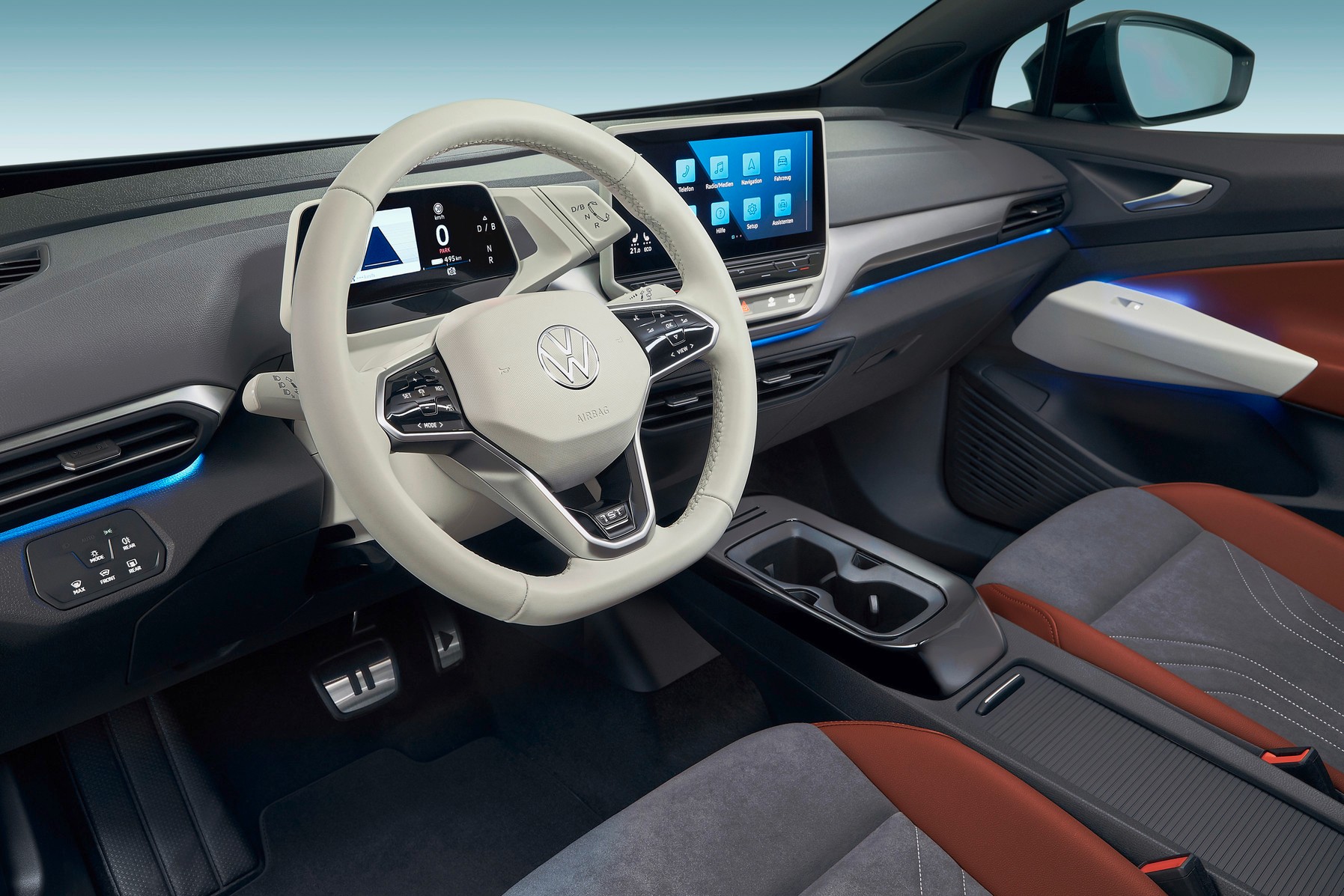
New Unified Battery Cell in 2023
Volkswagen’s plan to reduce costs is funneled through battery developments and improvements. Schmall outlined this with the idea of new, more cost-effective cells that will increase range and performance. “This will finally make e-mobility affordable and the dominant drive technology,” Schmall said.
While Volkswagen plans to purchase cells from suppliers, it also plans to create cells in-house within a series of battery production facilities. In 2023, a new, unified cell will be launched and installed in 80% of the Volkswagen group’s electric vehicles. “We will use our economies of scale to the benefit of our customers when it comes to the battery too. On average, we will drive down the cost of battery systems to significantly below €100 per kilowatt-hour,” Schmall added.
“Integration of the Value Chain”
In an attempt to secure the long-term supply of its battery cells to alleviate any concerns over its transition to electromobility, Volkswagen says it will focus on partnerships with selected strategic partners. “The new prismatic unified cell also offers the best conditions for the transition to the solid state cell – the next quantum leap in battery technology, which Volkswagen anticipates for the middle of the decade. The Group focuses consistently on strategic partnerships and efficient use of resources both for batteries and for charging,” VW said. Additionally, the VW Group said it will adhere to its strategic financial targets and will continue to aim for a 6% CAPEX ratio by 2025. It also plans to have a net cash flow of more than €10 billion in its core automotive business.
Charging Network fueled by partnerships with BP, Iberdrola, Enel
Volkswagen isn’t only working on its battery plans. The company also is working on expanding its charging platform by calling upon European power companies to help with the rollout. Partnerships with IONITY and BP will establish 8,000 new charging points throughout Europe. Additionally, 4,000 150 kW chargers will be installed at BP and ARAL service stations in Germany and Great Britain. Spain-based Iberdrola will assist Volkswagen with main traffic route coverage in Spain, and Italian company Enel will help with main and urban motorways in Italy.
Volkswagen says its total investment package for the charging infrastructure will cost around €400 million by 2025 and is looking for other companies to partner with.
In North America, 3,500 fast-charging points will be installed by Electrify America by the end of the year. In China, 17,000 will be installed as well.
Credit: Volkswagen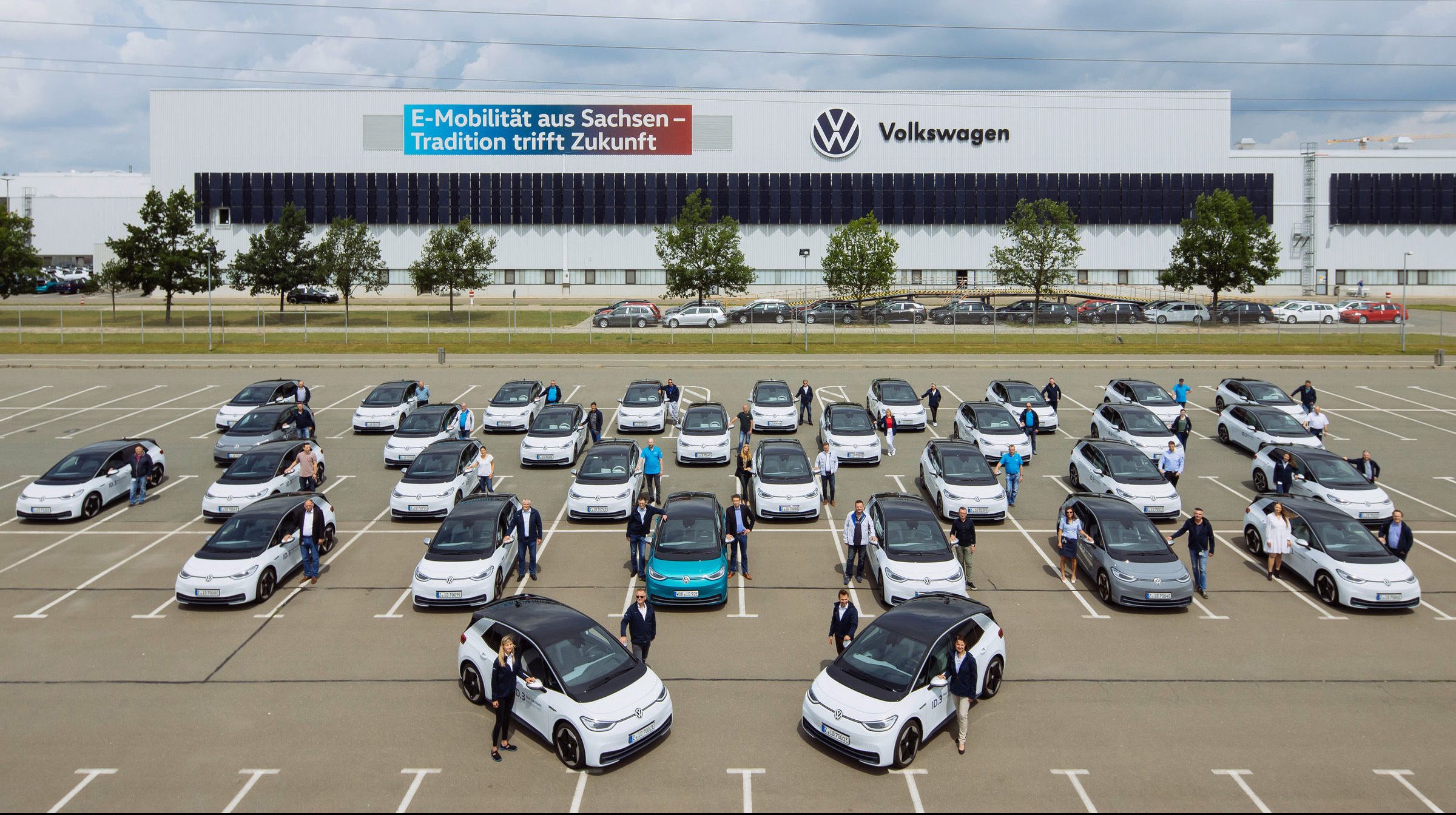
Planned V2G Capability
While Volkswagen says it intends to “integrate the electric car in private, commercial and public energy systems in the future,” it says that vehicles using the MEB platform will support energy storage capabilities starting in 2022. Bidirectional wall boxes to energy management systems will be developed as well, allowing owners to supply power to residential buildings, businesses, or the general power grid when needed.
Volkswagen’s full Power Day event is available below.
https://www.youtube.com/watch?v=vdnRfNwj1Fg

Elon Musk
Elon Musk estimates Tesla Semi could reach Europe next year
“We’ve got the Tesla Semi coming out, the heavy truck, and that’ll be going to Europe hopefully next year,” Musk said.
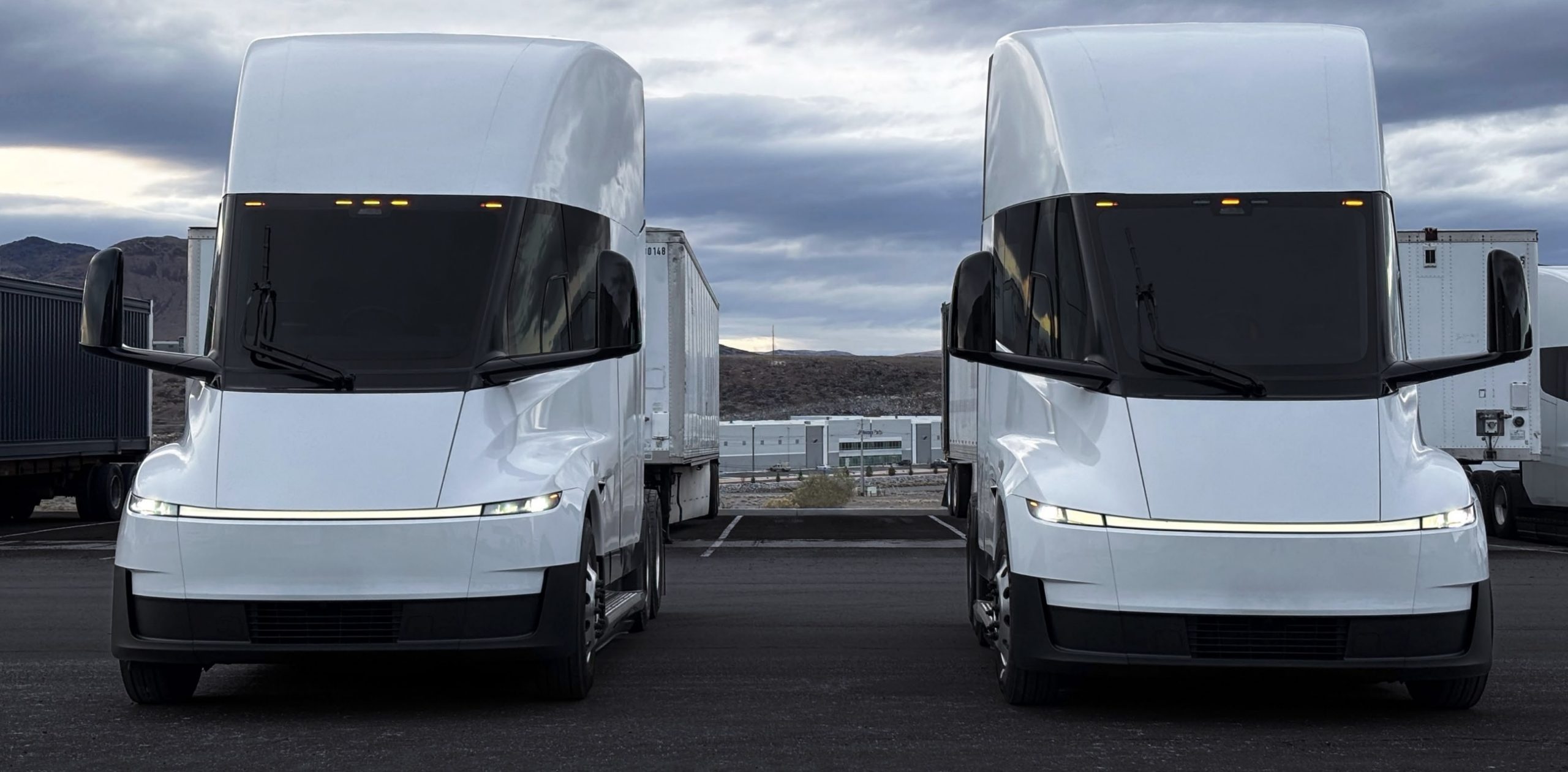
Tesla is preparing to expand its all-electric Semi truck program to Europe, with CEO Elon Musk indicating that the Class 8 vehicle could arrive in the region 2027.
Musk shared his update during an interview about Giga Berlin with plant manager André Thierig, which was posted on X by the official Tesla Manufacturing account.
“We’ve got the Tesla Semi coming out, the heavy truck, and that’ll be going to Europe hopefully next year,” he said.
Tesla has already begun limited production and customer deployments of the Tesla Semi in the United States, with the company working to scale output through the Semi factory near Giga Nevada. Considering Musk’s comments, it appears that a European rollout would be the next phase of the vehicle’s expansion beyond North America.
Musk’s use of the word “hopefully” leaves room for flexibility, but the remark signals that Europe is next in Tesla’s commercial expansion plans.
Musk has consistently argued that electrification should extend beyond passenger vehicles. During the same interview, he reiterated his view that “all ground transport should be electric,” adding that ships, and eventually aircraft, would follow.
The Semi plays a central role in that strategy. Heavy-duty freight remains one of the most emissions-intensive segments of road transport, and European regulators have increasingly pushed for lower-emission commercial fleets.
Tesla recently refreshed the Semi lineup on its official website, listing two variants: Standard and Long Range. The Standard trim offers up to 325 miles of range with an energy consumption rating of 1.7 kWh per mile, while the Long Range version provides up to 500 miles, which should be more than ample for European routes.
Elon Musk
Tesla Cybercab coming next to Giga Berlin, Optimus possibly after
“From a next major product standpoint, I think most likely is the Tesla Cybercab,” Musk said.
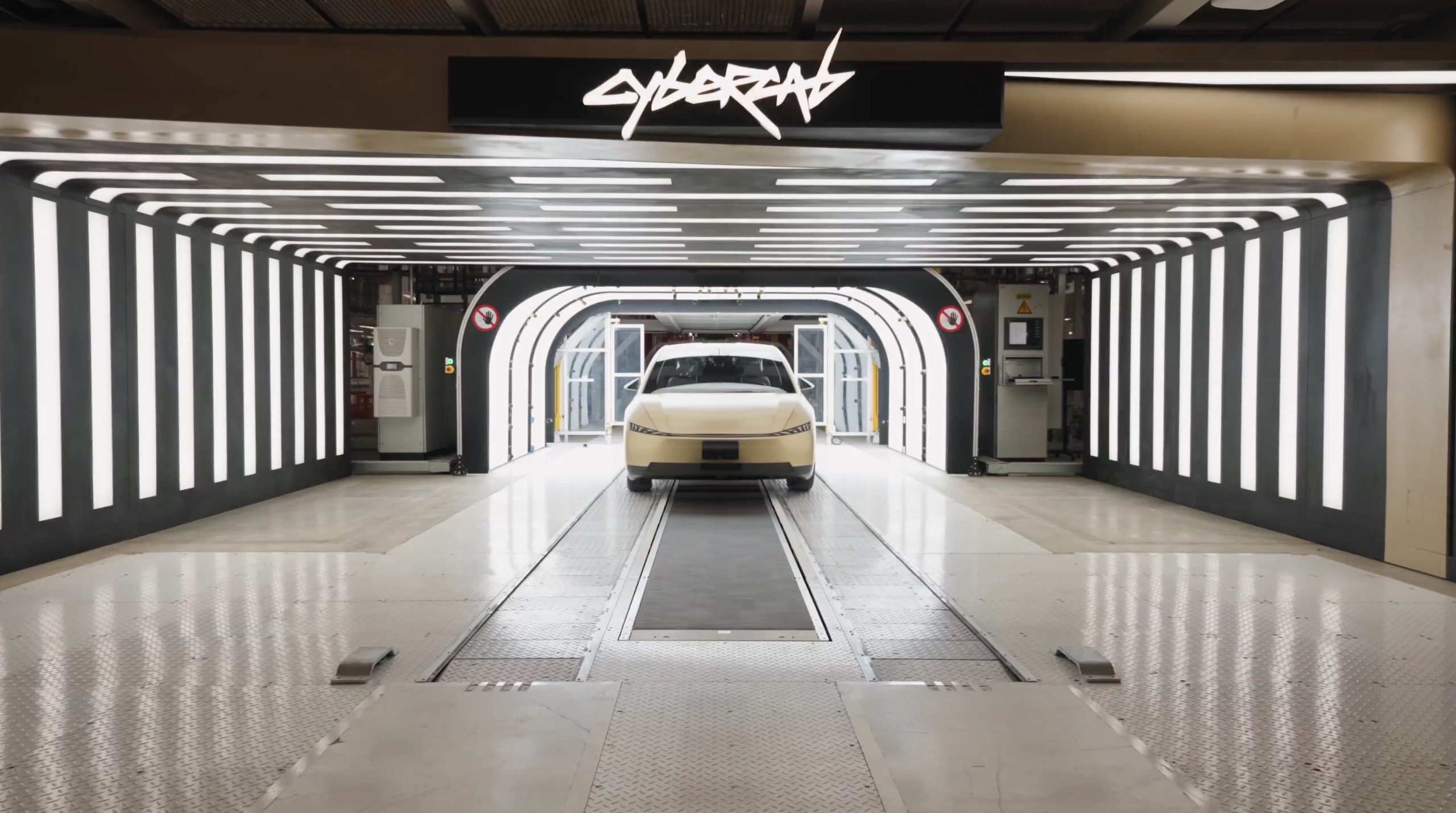
Tesla could add the Cybercab and Optimus humanoid robot to the production lineup at Giga Berlin, as per recent comments from CEO Elon Musk.
During a recent interview with Giga Berlin plant manager André Thierig, Musk identified the Cybercab as the most likely next major product for the German factory, with Optimus potentially following after.
“From a next major product standpoint, I think most likely is the Tesla Cybercab,” Musk said. He added that there are also “possibilities of Tesla Optimus” being produced in the facility.
Tesla has already begun production of the Cybercab in Giga Texas, with volume production expected to ramp this year. Based on Musk’s comments, it appears that if conditions align in Europe, Giga Berlin could eventually join that effort.
The CEO’s comments about Optimus coming to Gigafactory Berlin are quite unsurprising too considering that Musk has mentioned in the past that the humanoid robot will likely be Tesla’s highest volume product in the long run.
Giga Berlin will likely be able to produce mass volumes of Optimus, as the Model S and Model X lines being converted to an Optimus line in the Fremont Factory are already expected to produce 1 million units of the humanoid robot annually.
Apart from his comments about the Cybercab and Optimus, Elon Musk also confirmed that Giga Berlin has started ramping battery cell production and will continue expanding Model Y output, particularly as supervised Full Self-Driving (FSD) gains regulatory approvals in Europe.
Taken together, the remarks suggest Berlin’s role could evolve beyond vehicle assembly into a broader multi-product manufacturing hub, not just a regional Model Y plant.
Energy
Tesla Powerwall distribution expands in Australia
Inventory is expected to arrive in late February and official sales are expected to start mid-March 2026.
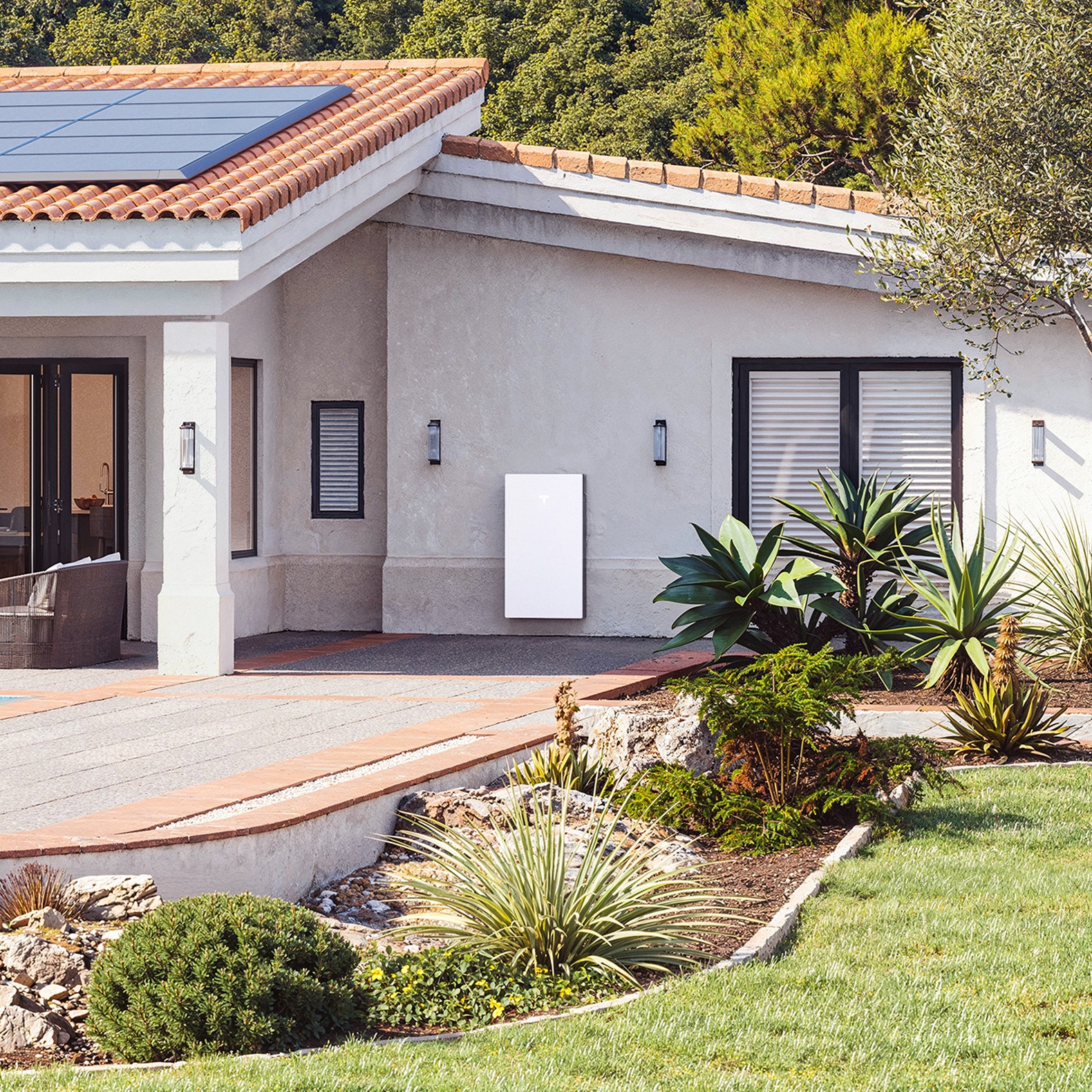
Supply Partners Group has secured a distribution agreement for the Tesla Powerwall in Australia, with inventory expected to arrive in late February and official sales beginning in mid-March 2026.
Under the new agreement, Supply Partners will distribute Tesla Powerwall units and related accessories across its national footprint, as noted in an ecogeneration report. The company said the addition strengthens its position as a distributor focused on premium, established brands.
“We are proud to officially welcome Tesla Powerwall into the Supply Partners portfolio,” Lliam Ricketts, Co-Founder and Director of Innovation at Supply Partners Group, stated.
“Tesla sets a high bar, and we’ve worked hard to earn the opportunity to represent a brand that customers actively ask for. This partnership reflects the strength of our logistics, technical services and customer experience, and it’s a win for installers who want premium options they can trust.”
Supply Partners noted that initial Tesla Powerwall stock will be warehoused locally before full commercial rollout in March. The distributor stated that the timing aligns with renewed growth momentum for the Powerwall, supported by competitive installer pricing, consumer rebates, and continued product and software updates.
“Powerwall is already a category-defining product, and what’s ahead makes it even more compelling,” Ricketts stated. “As pricing sharpens and capability expands, we see a clear runway for installers to confidently spec Powerwall for premium residential installs, backed by Supply Partners’ national distribution footprint and service model.”
Supply Partners noted that a joint go-to-market launch is planned, including Tesla-led training for its sales and technical teams to support installers during the home battery system’s domestic rollout.








